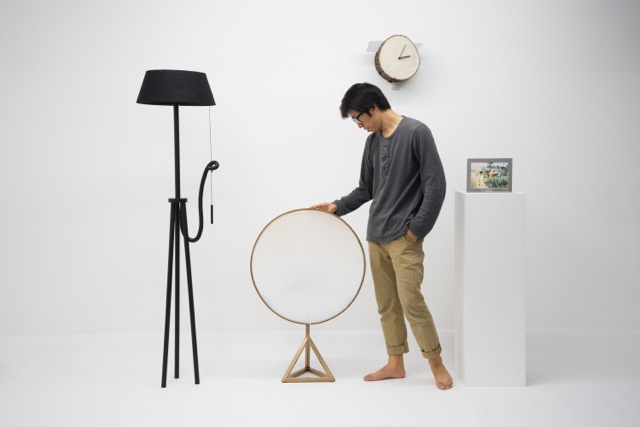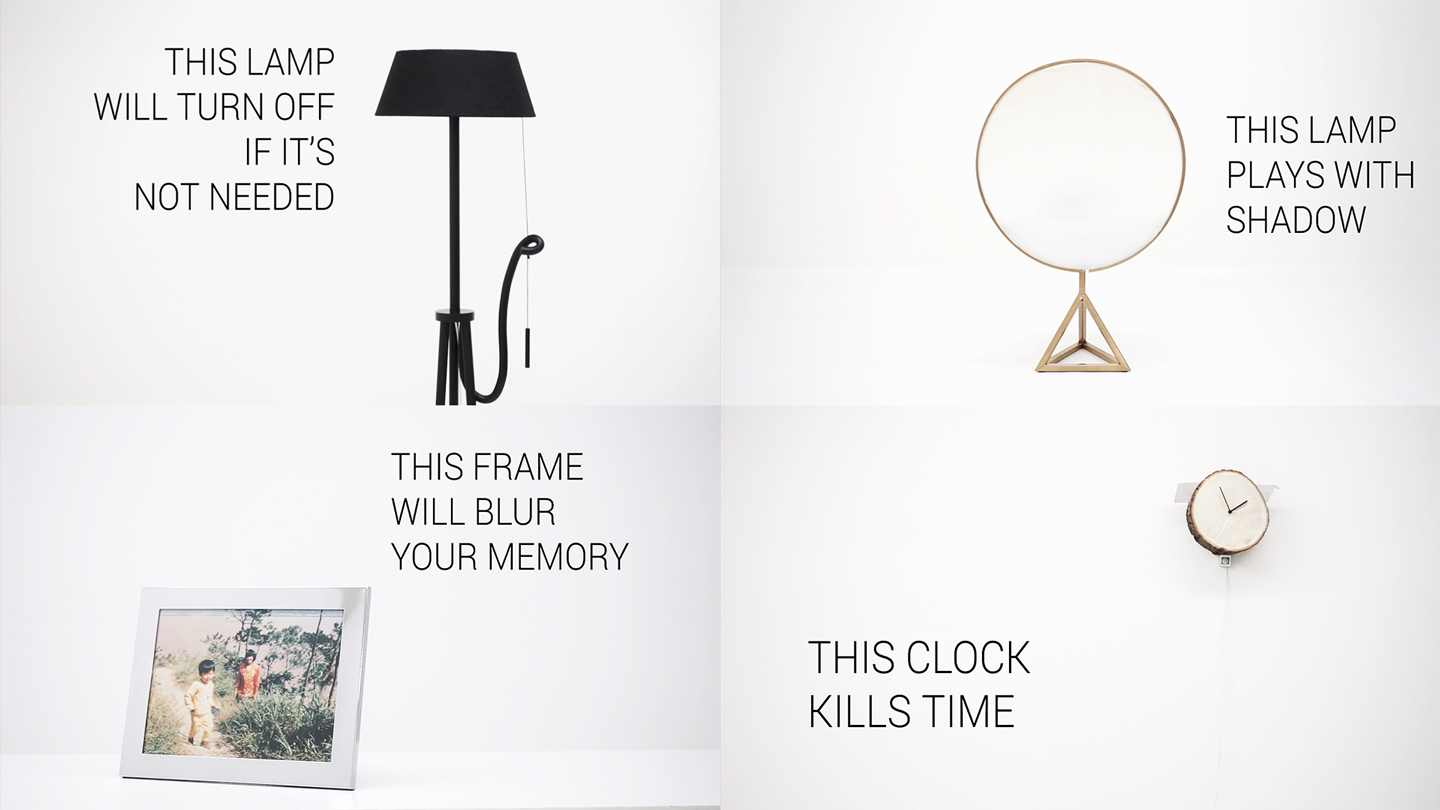Zwischen Forschung und Lehre bleibt manchmal auch Platz für ungewöhnliche Anfragen: Die Produktion zwei stummer Nebendarsteller für den übernächsten aktuellen Weimar Tatort auf dem 3D-Drucker im Digital Bauhaus Lab.
Die Tassen sind in ABS-Kunststoff gedruckt und dienen bei den Dreharbeiten als robuste Stunt-Doubles für echte Porzellantassen. Die Details des Drehbuch bleiben bis zum Sendetermin am 5. Februar 2017 geheim, aber es wird wohl etwas Porzellan zu Bruch gehen. Nun bleibt zu hoffen dass wir uns nicht an der Produktion der Mordwaffen mitschuldig gemacht haben…
Tatort – Der scheidende Schupo
Sonntag 05.02.17 | 20:15 Uhr im Ersten Deutschen Fernsehen
UPDATE 6. Februar 2017:
http://www.ardmediathek.de/tv/Tatort/Der-scheidende-Schupo/Das-Erste/Video?bcastId=602916&documentId=40484372
…vorspulen zu Position 1:01:00 (Vorsicht Spoiler!)









